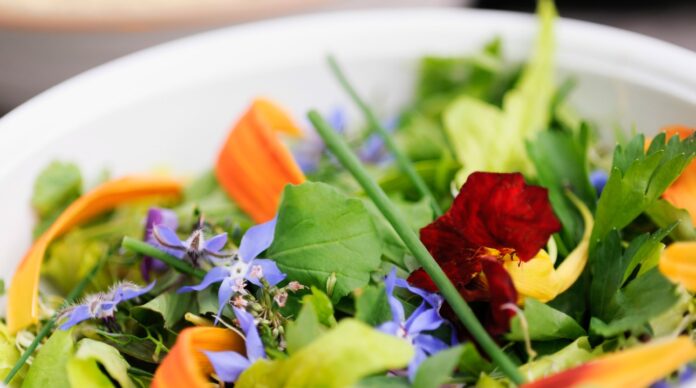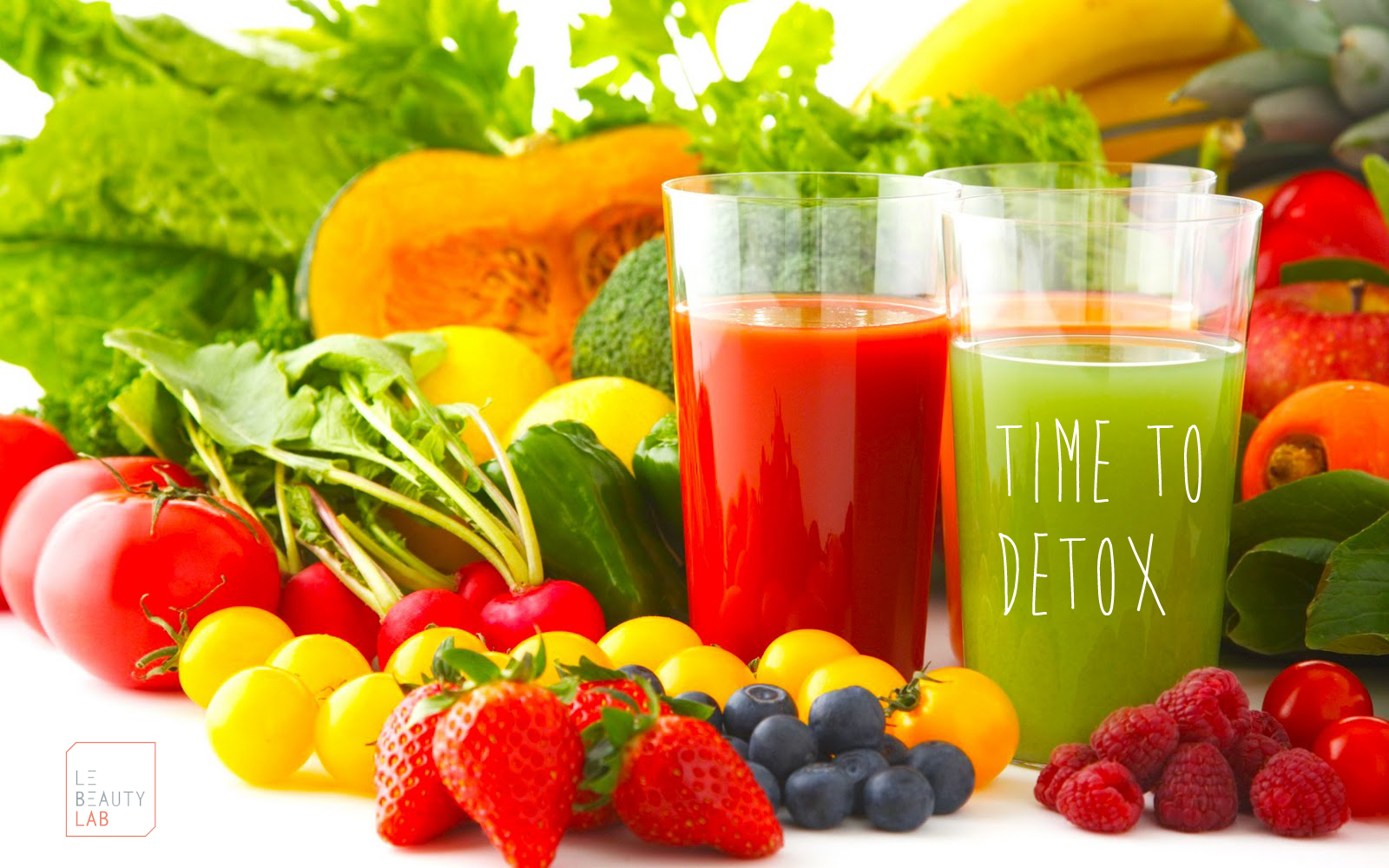Flowers are known for their color and beauty. Many flowers symbolize different meanings, which is why flowers are there on special occasions. As it turns out, some flowers have medicinal properties and are edible. For that reason, we urge you to grow these lovely flowers in your garden for its beauty as well as its edible property so you can enjoy it in the vicinity of your homes. This also makes sure that the flowers grown on your homes have no pesticides in it, so it is safe to eat.
Here are some edible flowers that contain a multitude of benefits for the body:
Dandelion

Dandelions may be a stubborn garden weed, but all of its parts like its leaves, stems, roots and even flower heads can be eaten and provide ample nutrition to the body.
There are numerous ways to eat it from eating it raw, adding them to salads, or brewing them into a tea. You can also make cordial, in a stew, casserole or jelly. Restaurants would make it into bread and fry it, though you can also make this at home too. Other more advanced methods of consuming dandelions include dandelion wine or syrup.
Benefits of eating dandelion flowers are many as it contains a good source of antioxidants. It is also known to reduce cholesterol, regulate blood sugar, reduce blood pressure and inflammation, boost immune system, reduce risk of cancer, and aid digestion and skin complexion.
Pansies
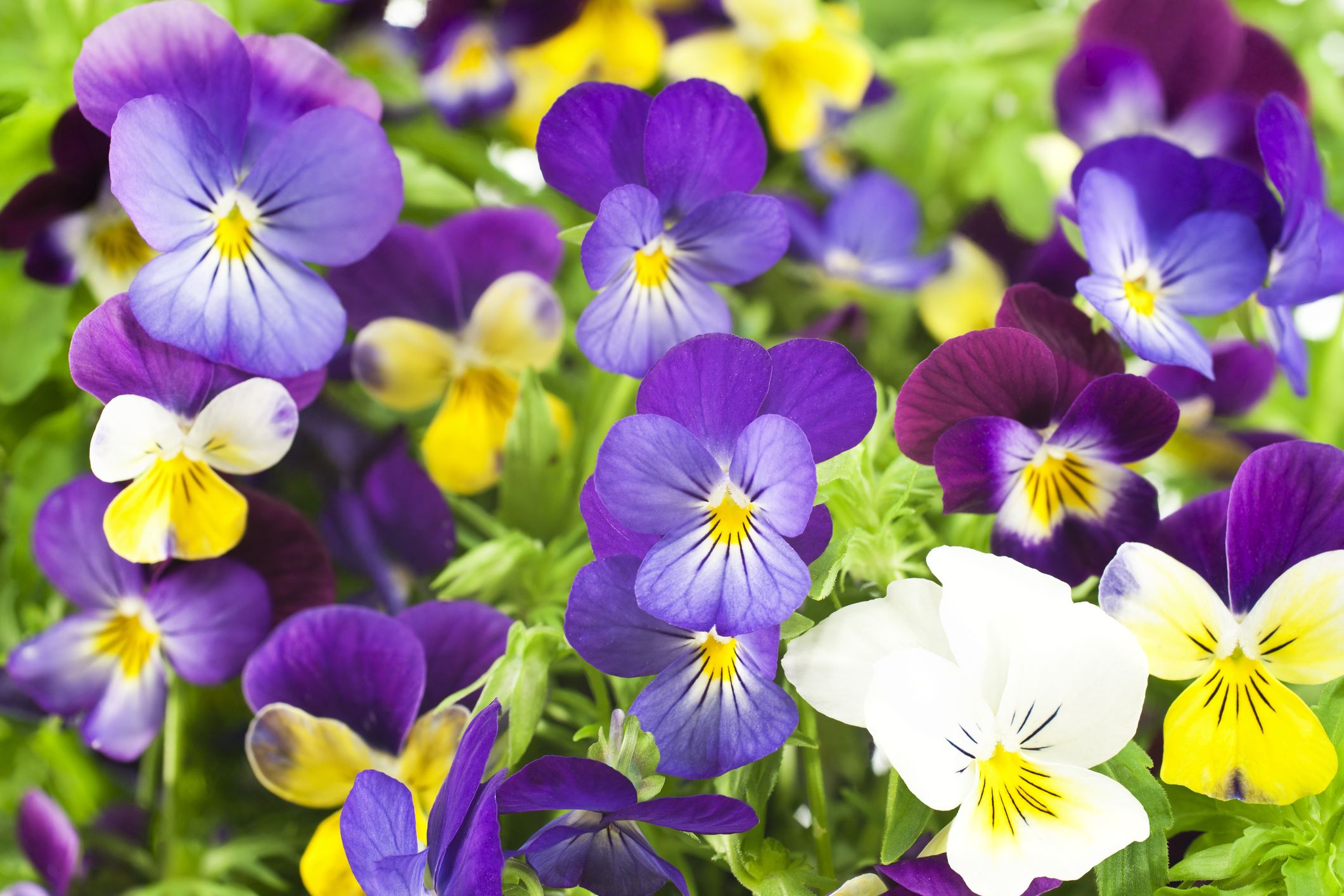
Pansy flowers are more known for its beauty rather than the fact that it is edible. This flower is indeed beautiful to add dishes (especially since it comes in many colors), but other than that it’s also very tasty. Flavor-wise, it tends to be mild though it does vary based on the type of pansy. Some varieties have a very earthy, or even minty flavor.
They’re generally a great addition to fruit salads, summer cocktails, savory snacks, or sugary treats. Pansies are also used for pastries, cakes, cookies, as a garnish, in salad, on cheese logs.
There are numerous benefits from being a rich source of antioxidants, reduce inflammation, high source of vitamin C, relief for eczema, hives, and itching, asthma, bronchitis, whooping cough, and congestion. Also eliminate certain bladder infections, to treat epilepsy, and alleviate symptoms of arthritis and rheumatism.
Chamomile

Chamomile flowers are often used in teas, due to its calming abilities. These flower generally have an earthy, sweet flavor. Unfortunately, chamomile flowers are not as easy to cook with as other edible plants. First, you should boil the flowers in a liquid to make syrups or extracts for use in baked goods and smoothies.
Health benefits of chamomile includes easing your digestive system and stress, easing anxiety and aids sleep. Also a good source of vitamin A. It is also said to reduce menstrual pain, treat diabetes and lower blood sugar, slow or prevent osteoporosis, reduce inflammation, treat and prevent cancer, treat colds and aid with skin conditions.
Calendula
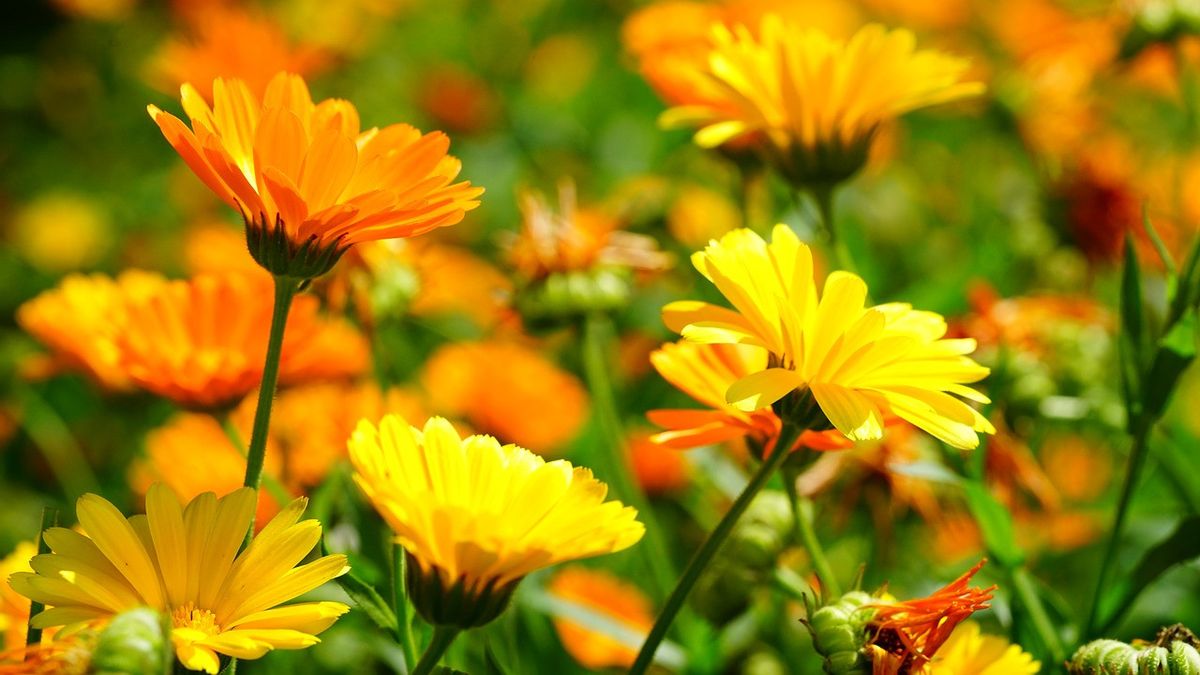
Calendula flowers is known as the “poor man’s saffron” or pot marigold. Interestingly, it has the taste of saffron when sauteed in olive oil. It’s easy to grow in a garden and will bloom throughout the summer.
Due to its spicy flavor, it’s great to be made with deviled eggs, salads, breads, herbed butters, cheese spreads, and soups. Calendula flowers are not recommended if you are pregnant as it may cause extreme drowsiness if taken with allergy medications.
Again, calendula flowers are full of antioxidants and vitamin A, which can keep your skin healthy and your eyes functioning properly. A salve made from the flowers is commonly used to help heal minor skin irritations and abrasions.
Sage Flowers
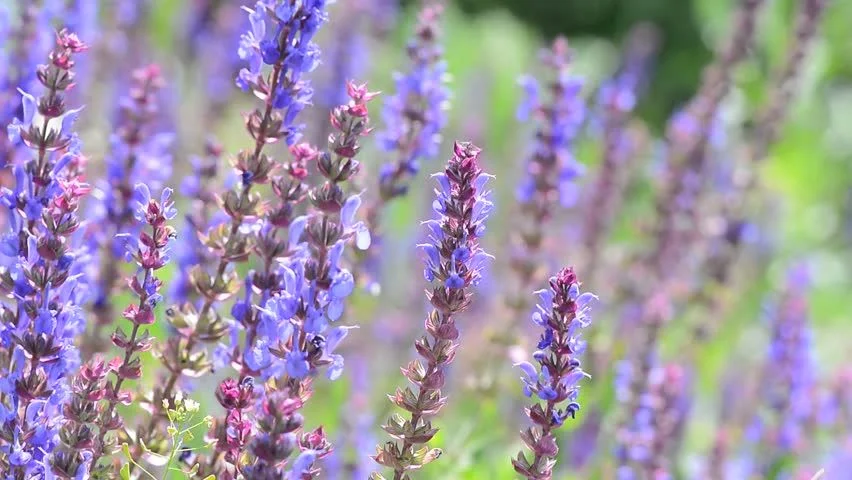
There are numerous varieties of sage but the most common one used is garden sage. Most would ignore the flowers and head straight to the leaves, but the flower has just as much benefits and offers taste as well.
What makes sage flowers unique is that it contains both sweet and savory flavors. Which is why it is often used to make herbed vinegar, tea, or included as floral food decorations. It also pairs well with lemon and other garden herbs.
Sage flowers have numerous benefits as it may help promote brain health, including strengthening memory. Also a source of vitamin B, calcium, manganese, vitamin K, Iron, and more. It helps with oral issues, easing menopause symptoms, reduces blood sugar levels, lowers bad cholesterol, and helps prevent cancer.
Mint Flowers
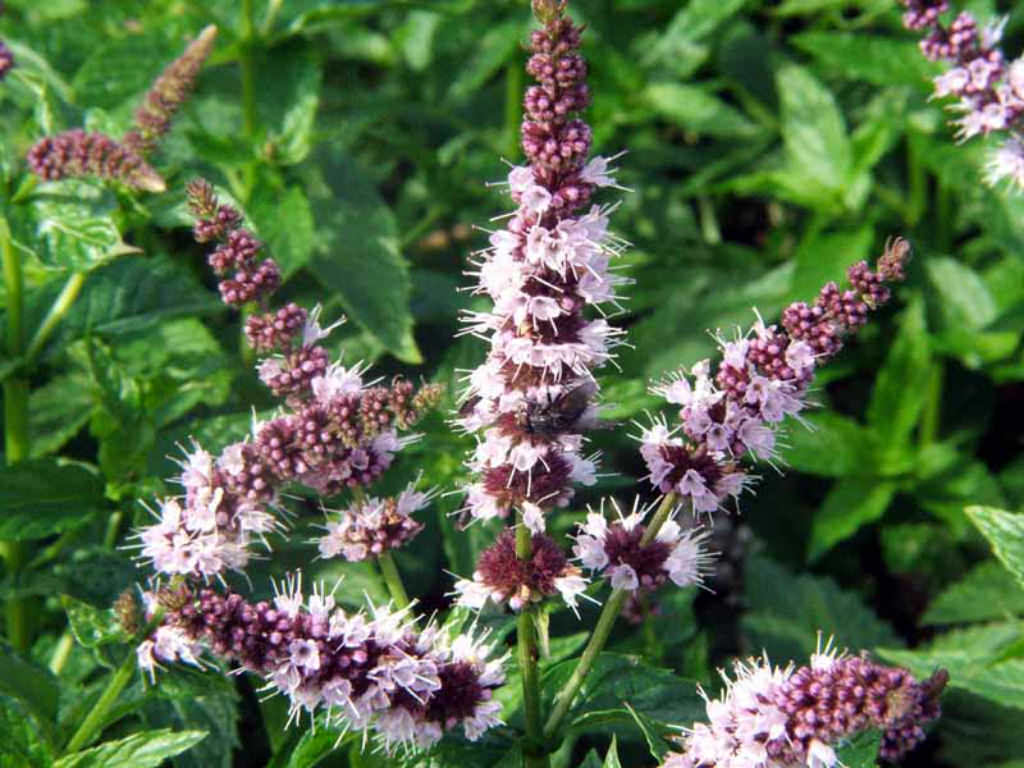
Mint flowers are not as popular as mint leaves, but it is edible with a lot of benefits to boot. Not all mint grows flowers, but many varieties of mint do. Additionally, all flowers in the mint family are edible.
It is generally used for teas, but you may also see mint flowers used in custards, salads, fruit salads, spring rolls, yogurt, and desserts.
Several health benefits of mint flowers is that it’s a good source of vitamin A, iron, manganese, and folate. Great for eye health, and a potent source of antioxidants. It may also provide relief for irritable bowel syndrome, improve brain function, and decrease breastfeeding pain.
What do you think about these flowers? Are you considering on growing some in your garden? Tell us in the comment section below!


